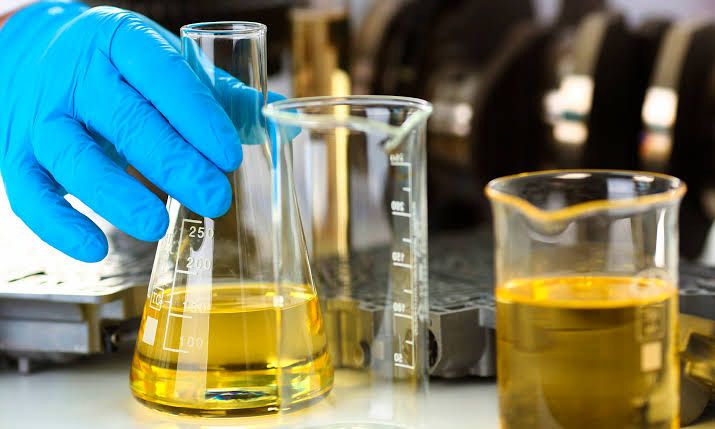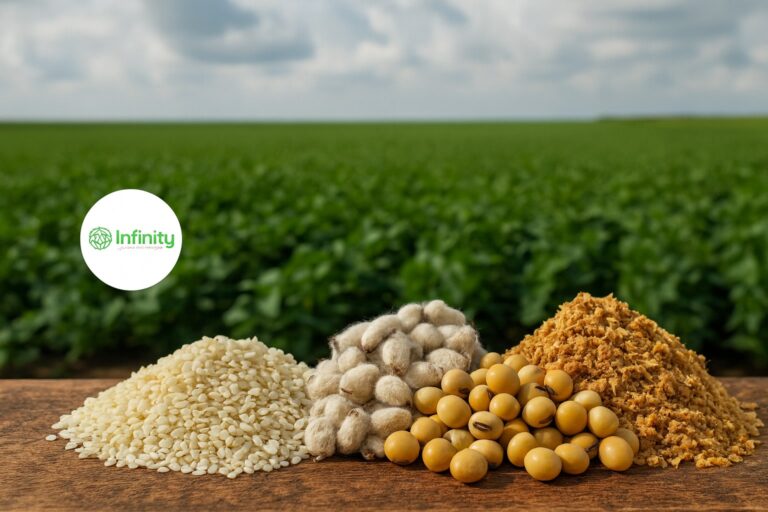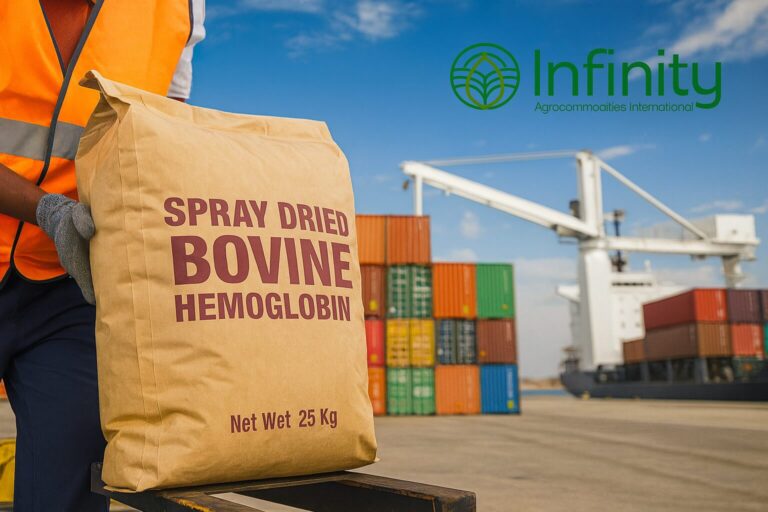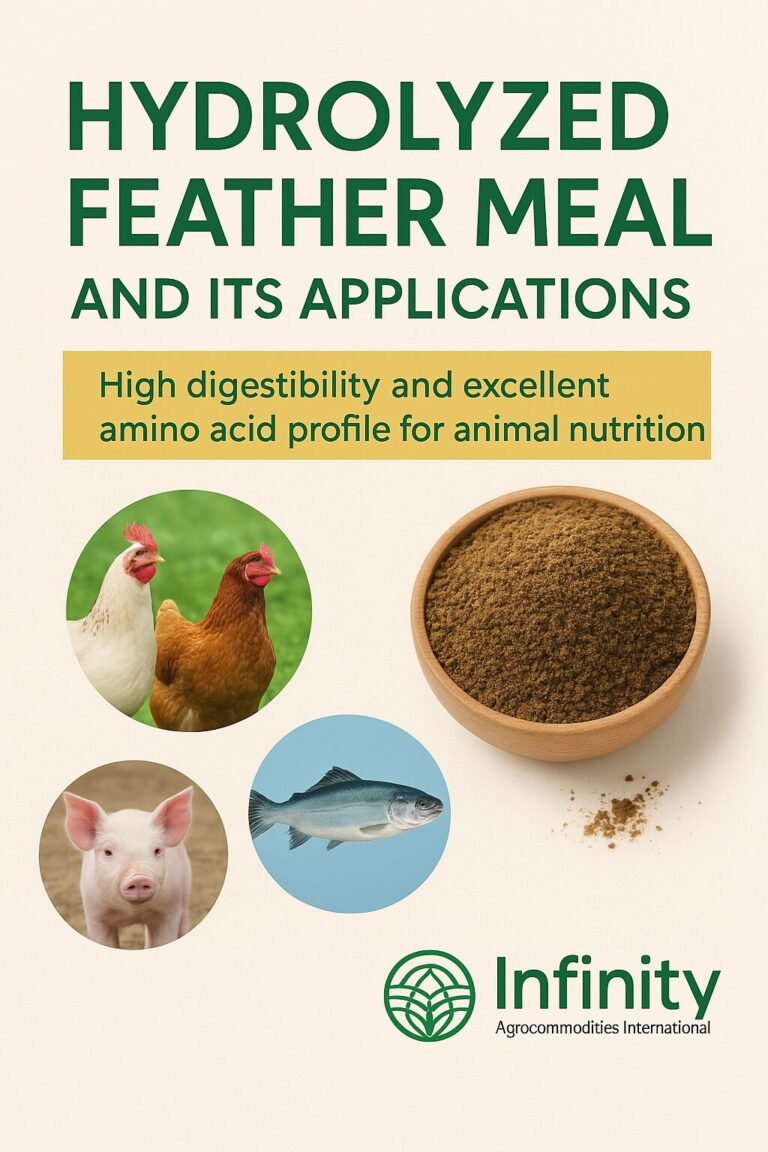Introducing our products: Biodiesel!
Biodiesel is an alternative fuel produced from renewable sources such as vegetable oils, animal fats, or even algae oils. It is a more sustainable alternative compared to fossil fuels as it reduces dependence on non-renewable resources and, when produced correctly, can have lower environmental impacts.
Here are some key points about biodiesel:
Raw Materials: Biodiesel can be produced from various raw materials, such as soybean oil, canola oil, palm oil, sunflower oil, animal fats, and other vegetable oils. The choice of raw material affects the characteristics of the produced biodiesel.
Production Process: Biodiesel production involves a process called transesterification, in which oils or fats are combined with a transesterification agent (usually methanol or ethanol) in the presence of a catalyst. This process results in the production of biodiesel and glycerin as a byproduct.
Environmental Benefits: Biodiesel is considered a cleaner alternative because, during combustion, it releases fewer atmospheric pollutants, such as sulfur and particles. Additionally, biodiesel production from renewable raw materials can lead to a reduction in greenhouse gas emissions compared to conventional diesel.
Sustainability: The sustainability of biodiesel depends largely on how raw materials are cultivated and obtained. The cultivation of crops for biodiesel production, such as palm oil, can raise issues related to deforestation and biodiversity loss, emphasizing the importance of sustainable practices.
Global Development: The use of biodiesel has been growing in many countries as part of efforts to reduce dependence on fossil fuels and mitigate associated environmental impacts.





